Online skill gaming, mobile entertainment platforms and online lottery in India have been developing an arrangement of inner checks and functional guidelines to guarantee a protected and responsible gaming experience. Making these formal and remotely assessed, the AIGF plans to promote self-guideline as the reason for very much organized national legislation.
India’s Gaming Sector Welcomes External Auditor in a Bid to Raise Awareness of Regulation Benefits
AIGF Names Arthur D. Little as Independent Auditor and Certifier
The All India Gaming Federation (AIGF) and consulting firm Arthur D Little (ADL) reported in a concurrent statement that the gaming industry is increasing its present expectations on internal guidelines and putting organizations through an outside audit.
Generally, as a self-regulating sector, online gaming won’t be surveyed on 7 groups of criteria. The Mobile Premier League (MPL) has turned into the main venture to pass the thorough rigorous evaluation. Different firms can become certified as charter compliant after thorough management and QA assessment.
Online skill gaming, mobile entertainment platforms and online lottery in India have been developing an arrangement of inner checks and functional guidelines to guarantee a protected and responsible gaming experience. Making these formal and remotely assessed, the AIGF plans to promote self-guideline as the reason for very much organized national legislation.
The seven significant requirements incorporate player protection, user verification, responsible gaming standards (including game and spending limits), financial integrity, conflict resolution, advertising standards, legal and technical compliance. AIGF’s move is hence expected to help policymakers in setting up working regulatory mechanisms for the entire industry.
Gaming and Lottery Operators Hoping for a Common Approach
Self-guideline and QA compliance is a norm for most forward-thinking gaming start-ups. Industry studies show, nonetheless, that numerous lottery sites in India are now executing comparative guidelines. Removing a leaf from the administrative book of an effective foreign jurisdiction, real money gaming in India is focusing on a more extensive social and lawful acknowledgement.
Success stories of Europeans overcoming adversity are generally founded on national-level licensing regimes. Multi-licensing is the favoured situation – with both private and public administrators permitted – and separation between game types. In any event, when lotteries stay a state monopoly (for example Norway, Finland), they are managed under similar guidelines as private online gaming organizations.
The UK Gambling Commission likewise oversees online platforms and the National Lottery under a similar rule book. Irish sports wagering and lotteries fall inside the Gaming and Lotteries Act. The French horse racing is still State-worked yet the public lottery was privatized and permitted to likewise run sports wagers.
A typical licensing structure through a Central-level guideline has demonstrated its viability over the long haul. More taxes, more secure gaming and better consumer support are just a portion of the standard practices and viewpoints that are better covered on a public scale.
Game developers and platform administrators of India are demonstrating their value on a worldwide scale, as the homegrown market has procured extensive digital development. To be more valuable to the country and ready to face worldwide rivalry, the online gaming industry needs policymakers and government to move forward and show them the required lawful and institutional help.
Credit: Asian News


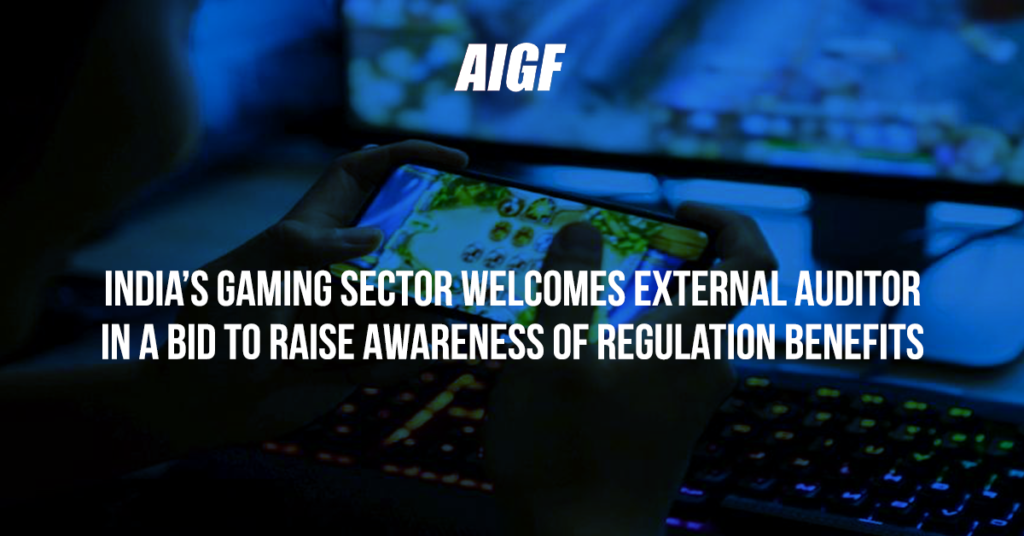
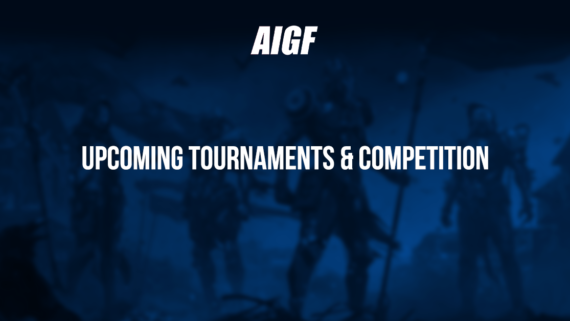
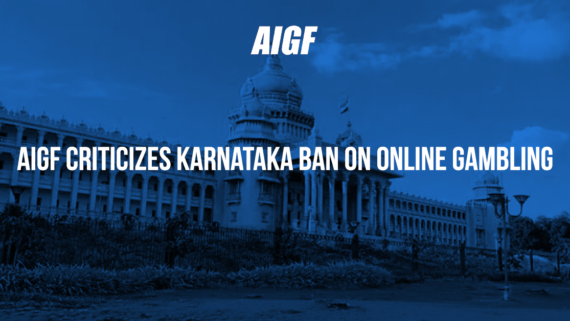
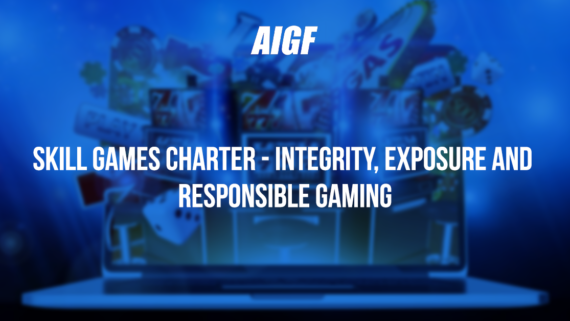

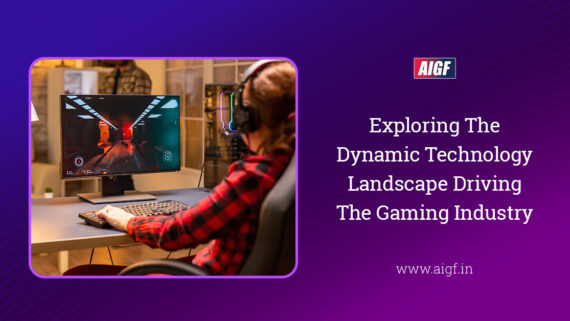
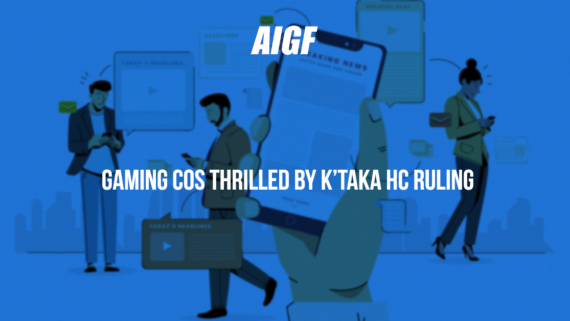


Comments
Comments are closed.